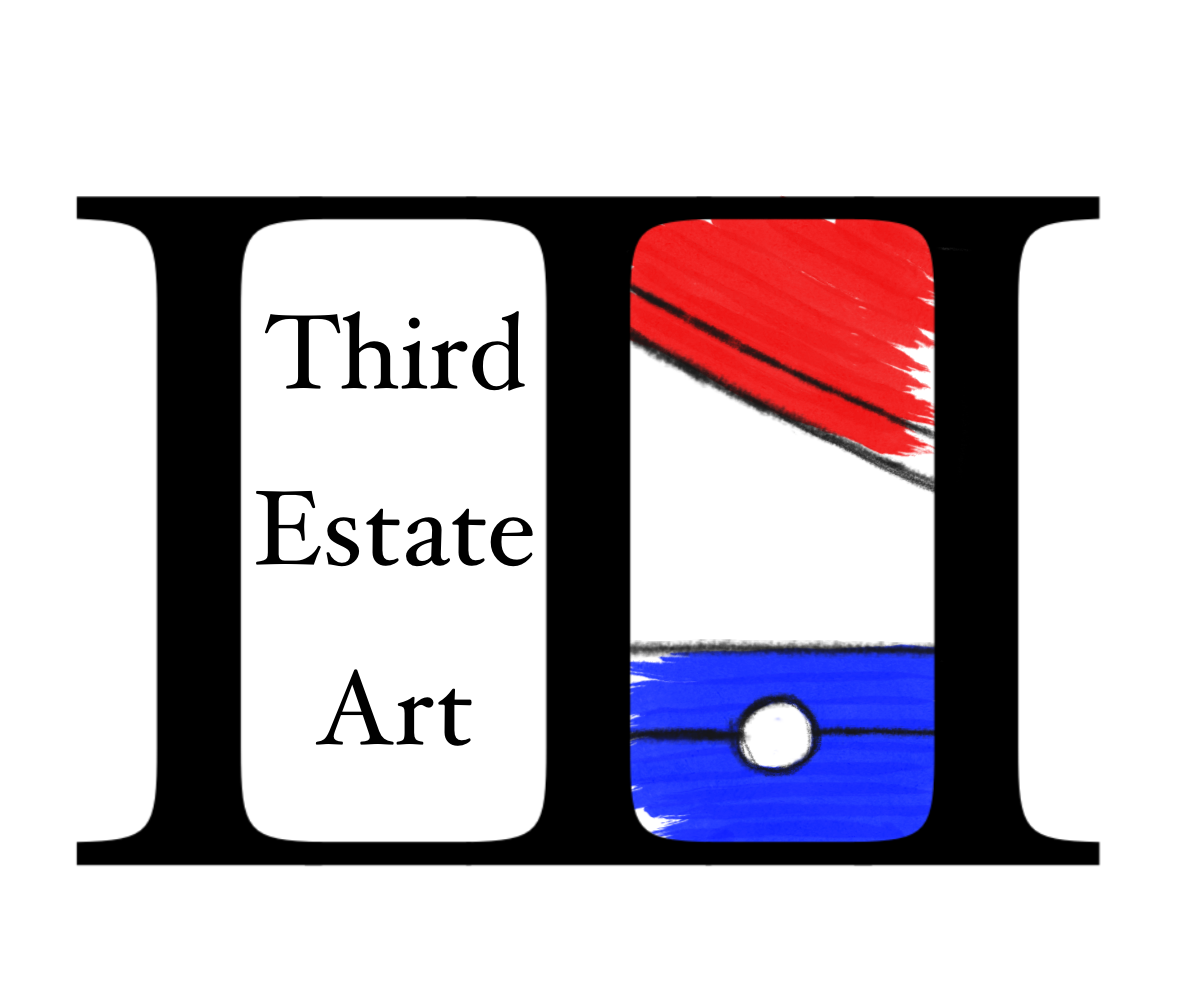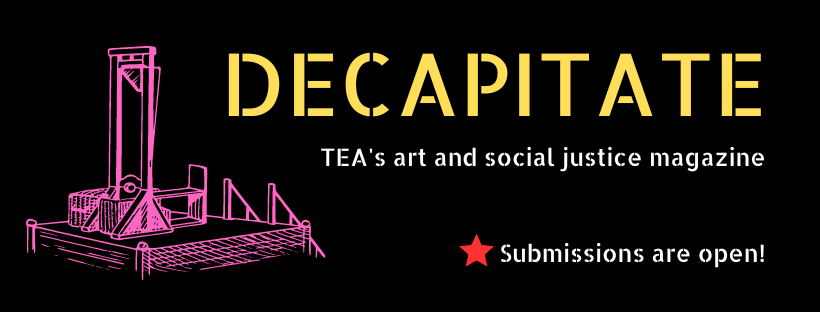March 8, 2023
Across the street,
the new building rises
like a twisted spine.
Family homes! Deluxe:
three bedroom, two bath, just
4,800 Euros per square meter!
A man on the roof shouts
into a phone:
The truck can’t make it through.
A worker hacks onto the street.
No, I told you. The road is blocked.
Another hack. A drill
screeches. Its shrieks cut
across his conversation –
behind schedule buyers nothing
and the women appear.
Somewhere someday someone will complain
that only fifteen showed, that despite the
masses gathered in the city center the fight
is here, where the neighbors hover
along their balconies as fifteen teenage girls
block the street, their voices rising like doves
from the debris –
Visca, visca, la lluita
feminista! [1]
The worker’s shouts are drowned
by these words, these fifteen
young women, fifteen
voices, a single megaphone.
The drills stop and there are
no shouts, no sounds, just
silent machines, men staring
at the street, men grinding
their teeth, men losing money
as fifteen women stand
their ground, the trucks can’t
pass, the voices chant
and the neighbors gather
like rainclouds along the street.
Tell me, again,
how powerless we are.
A Catalan exclamation loosely translated as “The feminist fight continues!”
“Fifteen” first appeared in the IHRAM Publishes anthology Reflections of Feminine Empowerment.
About the author: Ana Reisens is a poetry farmer. Born and raised in the Midwest, she now tends to her crop in the sun-bathed soil of Spain. She was the recipient of the 2020 Barbara Mandigo Kelly Peace Poetry Award. You can find her poetry sprouting in The Bombay Literary Review, Sixfold, and forthcoming in The Threepenny Review, among other places. In her free time, she enjoys thinking about how to change the world, eating with chopsticks, and traipsing around forests (often at the same time).
You can connect with her on Instagram.



